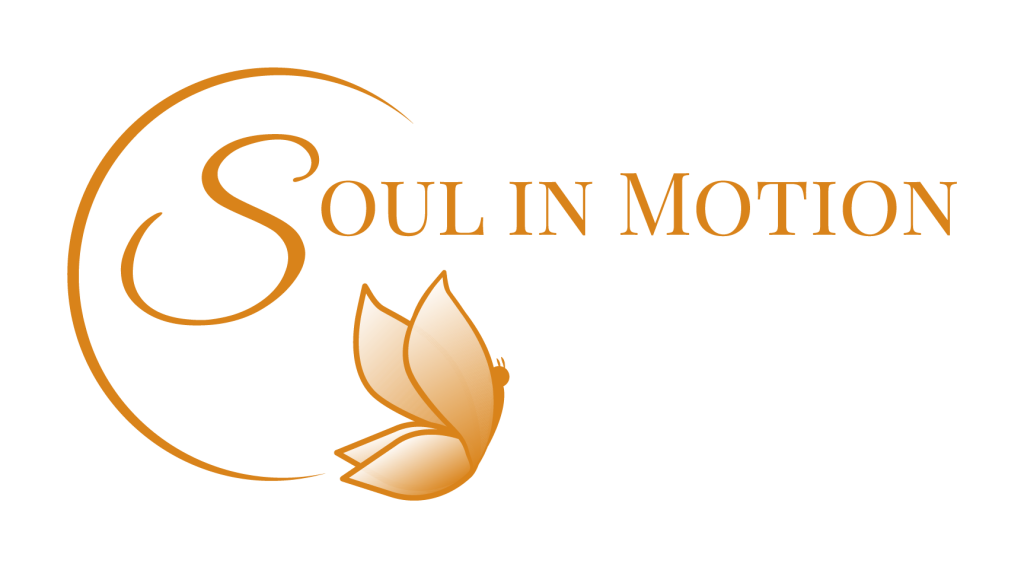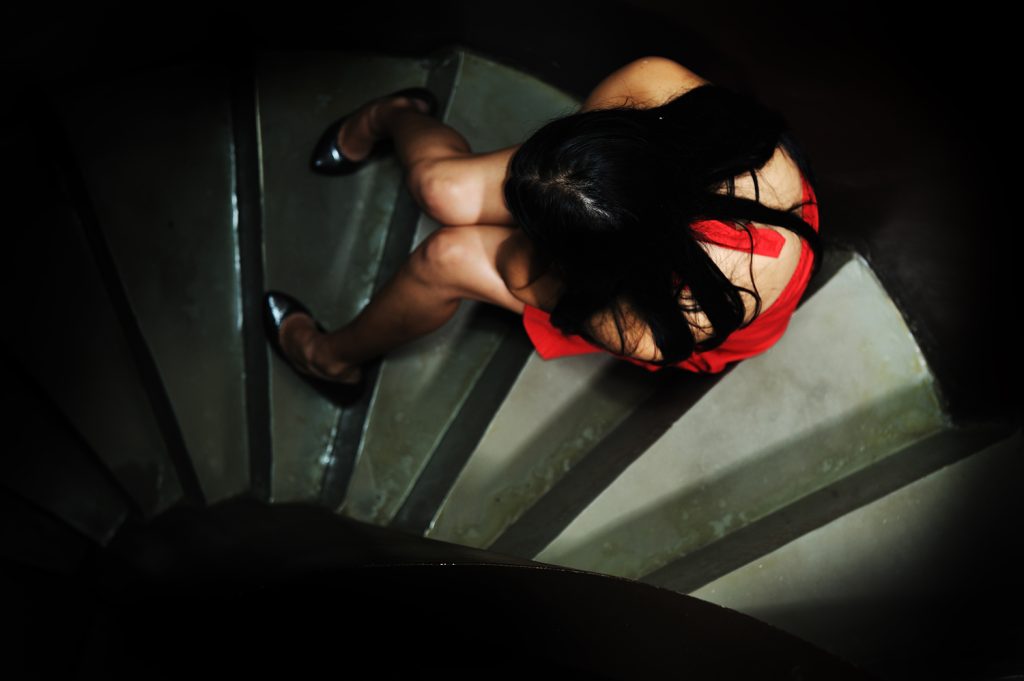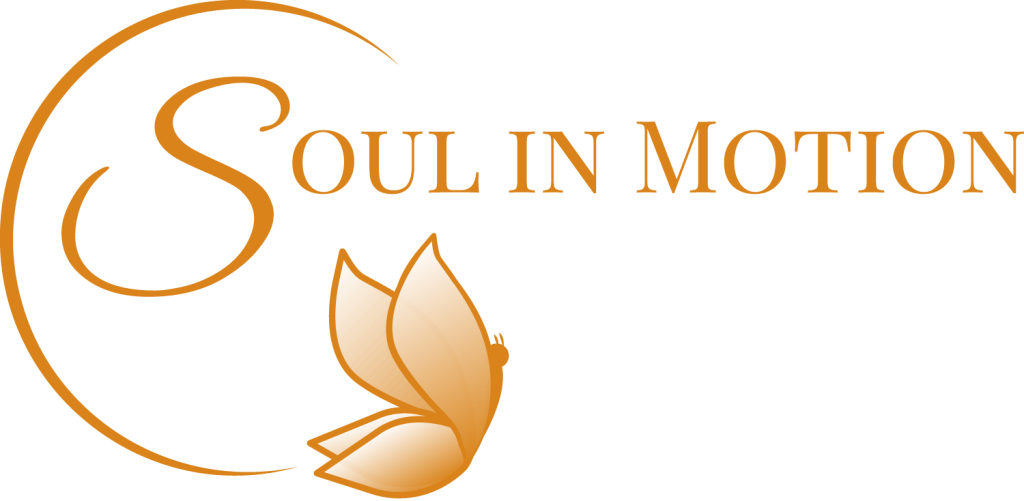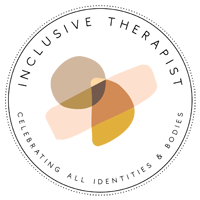You might be wondering: Can I really be helped, and how do I know?
I understand your hesitation. I’ve been where you are. I know what it’s like to be hurt by the very people and beliefs that were supposed to love, protect, and support you. I understand the confusion and agony of questioning everything you’ve been taught and the often dark, lonely experience of stepping away to find your truth.
It was tough. It was full of pain, anxiety, and confusion. But, as difficult as it was, I would never take that journey back. I just wish I had someone with the right knowledge and experience to walk with me through it.
In addition to my personal experience, I’ve sought certification in religious trauma studies, as well as current research and memoirs from individuals across various faiths. What I’ve learned is that the complexity of this trauma requires a nuanced approach, using a blend of therapeutic methods to support healing.
In our work together, I will draw from several evidence-based therapeutic approaches, including:
Cognitive Behavioral Therapy (CBT): To address PTSD symptoms and negative thought patterns
Acceptance and Commitment Therapy (ACT): To help you reconnect with your core values
Narrative Therapy: To rewrite the stories that have held you back
Internal Family Systems (IFS): To help you manage the different parts of you, including the conflicting beliefs and emotions
Somatic Therapy: To release trauma stored in the body and restore a healthy connection with yourself
In a safe, non-judgmental environment, we will work together to:
Process your pain, fears, and questions
Understand the different parts of you that may feel conflicted
Help you feel safe and connected to your body
Practice radical self-love, acceptance, and compassion
You’ll decide what aspects of your religious or spiritual experience are worth keeping because they served you, and which ones you need to leave behind. Whether this means refining your current faith, exploring new spiritual practices, or disconnecting entirely from any belief system, you’ll have the space to figure out what feels right for you.
Remember, you are the leader of our sessions. When you say go, we go. When you say stop, we stop.
The most damaging thing religion or spirituality can do is make you believe that you cannot trust yourself, listen to your own needs, or set healthy boundaries. Instead of teaching you how to think (which empowers), it often teaches you what to think (which disempowers). In our work together, you’ll learn how to reclaim trust in yourself and take back your power.
It’s time to get empowered.












